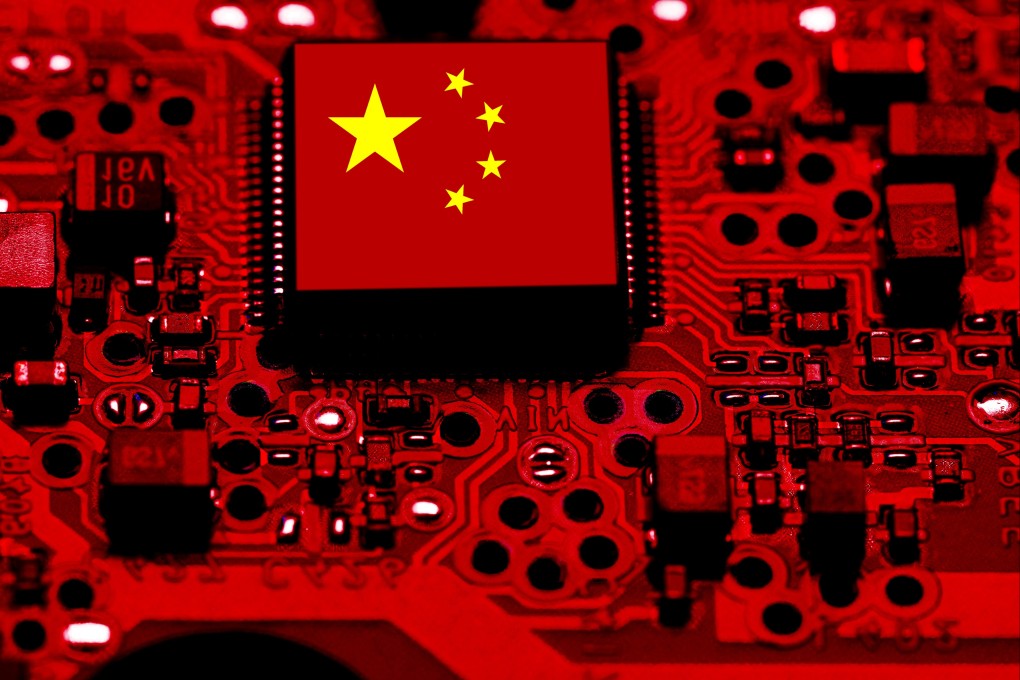Chinese tech fund manager’s vacation rattles chip investors amid industry downturn, corruption probe
- Cai Songsong, known for his heavy chip stock investments, said he is just on vacation after his absence became conspicuous amid industry troubles
- Chinese chip stocks in Shanghai and Shenzhen have been plummeting after a boom period amid pressure from US sanctions and a local corruption probe

Cai Songsong, a fund manager at the Shenzhen-based Lion Fund known for his heavy investments in listed chip stocks, published a note Tuesday night to his personal WeChat account saying he is “on vacation”, according to a screenshot of the post seen by Chinese financial news media CLS, run by the state-owned Shanghai United Media Group. The South China Morning Post was unable to reach Cai or verify the authenticity of the post.
Beijing Business Today, a publication affiliated with the state-owned Beijing Daily, also cited a statement from Lion Fund saying Cai is on vacation and that the funds under his management are in normal operation. Lion Fund did not respond to requests for comment.
As part of China’s state-led drive for semiconductor self-sufficiency, local stock markets have opened the door to companies in the local chip supply chain, attracting private funds and investors to back the country’s key players. But many retail investors who saw the state-led strategy as an opportunity were burned when chip stocks plunged in recent months.
Maxscend Technologies, one of Cai’s biggest investments, has lost 72 per cent of its stock price since its peak in July 2021. Corporate filings this month from the company, which makes radio frequency chips, say Cai’s fund continued to buy into Maxcend multiple times from March through August. By September 8, the fund’s stake exceeded 5 per cent, triggering a mandatory information disclosure.
Maxscend said the fund has no involvement in the company’s operations.
Before turning to investing, Cai had a strong industry background with experience at the Institute of Computing Technology at Chinese Academy of Sciences and Tianjin Phytium Information Technology, both of which are leading institutes for chip research, according to his official biography.